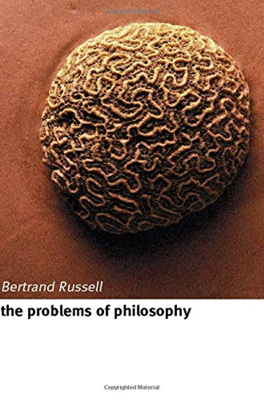The Limits of Philosophical Knowledge
Exploration of Philosophical Ambitions and Metaphysical Limitations
In this discussion, Bertrand Russell focuses on the limits imposed on philosophical knowledge by the inherent constraints of metaphysical reasoning. He critiques the ambitious claims made by many philosophers about uncovering the fundamental truths of existence, such as the nature of the universe, the illusion of matter, and the nature of reality—objections which are often asserted without empirical evidence but through a priori metaphysical reasoning. Russell expresses doubt about the effectiveness of metaphysics in providing substantial proofs for such wide-encompassing claims.
Critical Analysis of Hegel's Philosophy
Russell provides a critique of Hegel’s philosophy, which exemplifies the type of metaphysical system he views as overly ambitious. Hegel argued that reality is an absolute whole and that apparent separations within this whole are mere illusions that arise from our partial perspectives. Russell contests this view by explaining the nature of things and their relations, arguing that Hegel’s reliance on the incompleteness of individual things leading necessarily to a coherent whole is unsupported logically and is foundational to most of Hegel’s philosophical system, including his ideas on the non-existence of space, time, and matter when seen from an absolute perspective.
Empirical and A Priori Knowledge
Russell emphasizes that the role of philosophy should not be to make sweeping metaphysical assertions but rather to critically examine and understand the boundaries and basis of both empirical and a priori knowledge. He points out that knowledge about the universe primarily comes from piecemeal empirical investigations and not from overarching philosophical systems. He stresses that logical reasoning and mathematics have freed our understanding of potential realities like space and time from the narrow interpretations that past metaphysical claims imposed.
The Role and Limits of Criticism in Philosophy
Philosophical knowledge, according to Russell, largely parallels scientific knowledge and doesn't draw from a separate, higher source. Philosophy is distinguished by its critical nature; it thoroughly investigates the principles that underpin science and everyday reasoning, checking for inconsistencies and accepting principles only after rigorous scrutiny. Russell clarifies that philosophical criticism shouldn’t be an outright skeptical rejection of knowledge but a reasoned critique that assesses each piece of knowledge on its own merits, retaining what withstands skepticism.
Conclusion on the Feasibility of Philosophy
Concluding, Russell argues that while philosophy can reduce the risk of error and clarify what constitutes reliable knowledge, absolute certainty is unachievable. He advocates for a moderated, practical approach to philosophy that aligns with empirical research and logical analysis, suggesting that this approach is the most beneficial to understanding the reality in which we operate, without being misled by the grand, yet unverifiable claims of traditional metaphysical thought.
